
OR
Nepali women affected disproportionately by impacts of climate change: Dr Rana
Published On: September 14, 2023 09:45 AM NPT By: Republica | @RepublicaNepal
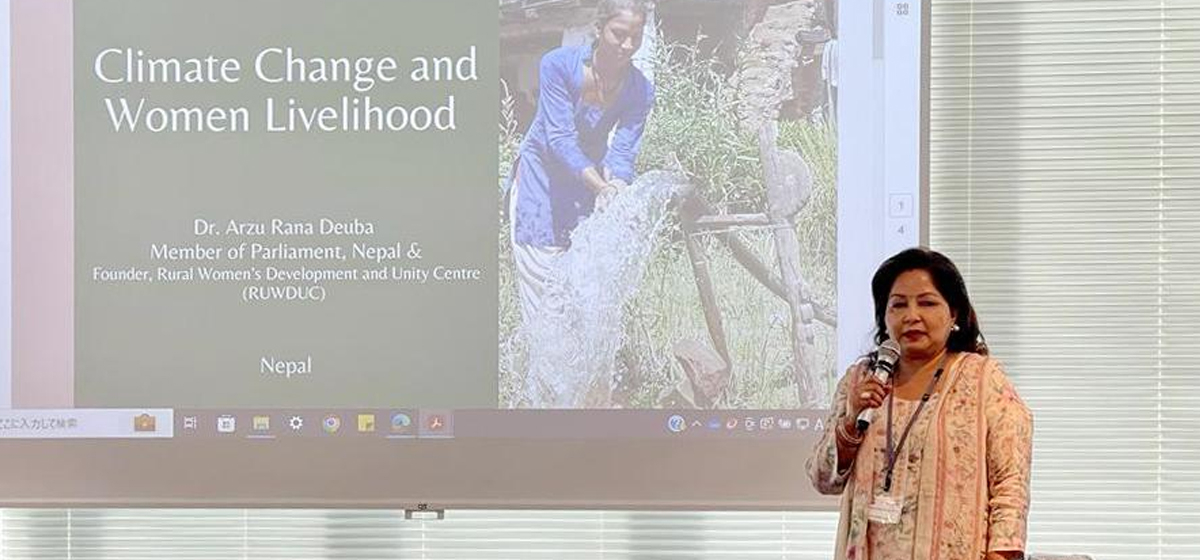
KATHMANDU, Sept 14: Nepali Congress (NC) Central Working Committee member Dr Arzu Rana Deuba has said Nepali women have been mostly affected by the impacts of climate change. She argued that the access of Nepali women to the latest technology should be increased to overcome such a situation.
Addressing the Asia-level conference organized by 'The Foundation of the Welfare and Education of the Asian People' in Tokyo of Japan on Tuesday, lawmaker Dr Rana laid emphasis on the need for modern technology for herbs processing as well as ensuring market of traditional medicinal products to lessen climate change impacts.
Also the chairperson of Agriculture, Cooperative and Natural Resources Committee under the House of Representatives, Rana mentioned that climate change is not only the major problem for Nepal, but for the entire globe.
"Nepal has been ranked as the fourth among the hardest-hit countries by climate change. A big challenge has been created due to landslides and floods as a result of seasonal and off-seasonal heavy rainfall," she shared.
In German's Watch Climate Risk Index 2020, Nepal was ranked at ninth hardest-hit nation by climate calamities during the period from 1999-2018, added Dr Rana.
The Department of Hydrology and Meteorology of Nepal found that the average annual maximum temperature increased by 0.056 degree Celsius from 1971-2014. A total of 14 glacial lakes outburst floods (GLOFs) occurred from 1935-1991 as well as 21 GLOFs have been identified as being potentially dangerous at present.
Landslides and floods occurred at different places in 2018 had caused losses of around Rs 70 billion as well as thousands of houses, farmland and roads suffered damages.
The parliamentarian further said scientists have confirmed that the risk of diseases like malaria and dengue has increased in the mountain areas due to the rising mercury.
She shared that hazardous situations caused by climate change further exacerbate pre-existing gender inequalities which are compounded by variables such as poverty, racism, ethnic minority, homelessness, statelessness and disabilities.
As a result of these inequalities, women and girls are more exposed to the risk and losses of livelihood caused by disaster as they are less able to adapt to changes in climatic conditions.
Presenting an example of the varied impact and hazard of climate change on gender basis, she argued that the climate change has been further pushing the gender disparity caused due to the impact of climate change. She shared that climate change is having more impact especially on the poor population, those suffering from caste discrimination, homeless and stateless people and people with disabilities.
According to her, women and young girls were more vulnerable to the adverse impact of climate change.
In 2015 the Government of Nepal had identified immediate and most urgent works to be carried out for mitigating climate change impacts through the National Adaptation Program of Action.
On the occasion, lawmaker Rana stated that the inadequacy of non-agricultural employment in the rural areas was also impacting on the capacity and diverse income sources of women.
"There is still the condition in which people have to work with nominal wages in the agricultural and non-agricultural sectors owing to the existing gender disparity in the labor market," Dr Rana said, adding that although the Constitution of Nepal has ensured equal political and economic rights to women, no visible change is yet discernible in the social and administration sector.
She stressed the need for ensuring gender sensitivity to achieve the goals stipulated in the development sector, treaties and agreements.
Stating that the population living under multidimensional poverty in Nepal at present is 28.6 percent of the total population, she said the climate change impact is seen in greater degree as a large number of populations living under multidimensional poverty are dependent on agriculture.
Dr Rana informed RSS that besides Nepal, participants from India, Cambodia, Mongolia, the Philippines, Sri Lanka, Taiwan, Thailand, Vietnam and Japan, among other countries are attending the program.
You May Like This
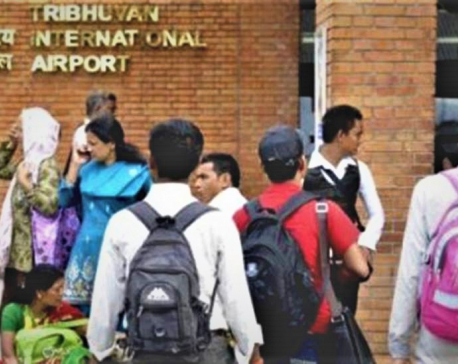
After Saudi, Kuwait prepares to launch massive crackdown on migrants
KATHMANDU, April 8: Kuwait is planning a massive crackdown on undocumented workers in a move which is likely to affect... Read More...

Bees get hooked on harmful pesticide: study
Bumblebees acquire a taste for food laced with a pesticide known to harm them, according to a study suggesting the... Read More...

Change of climate
One way of combating climate change would be to make “improving environment” a component of school curriculum ... Read More...

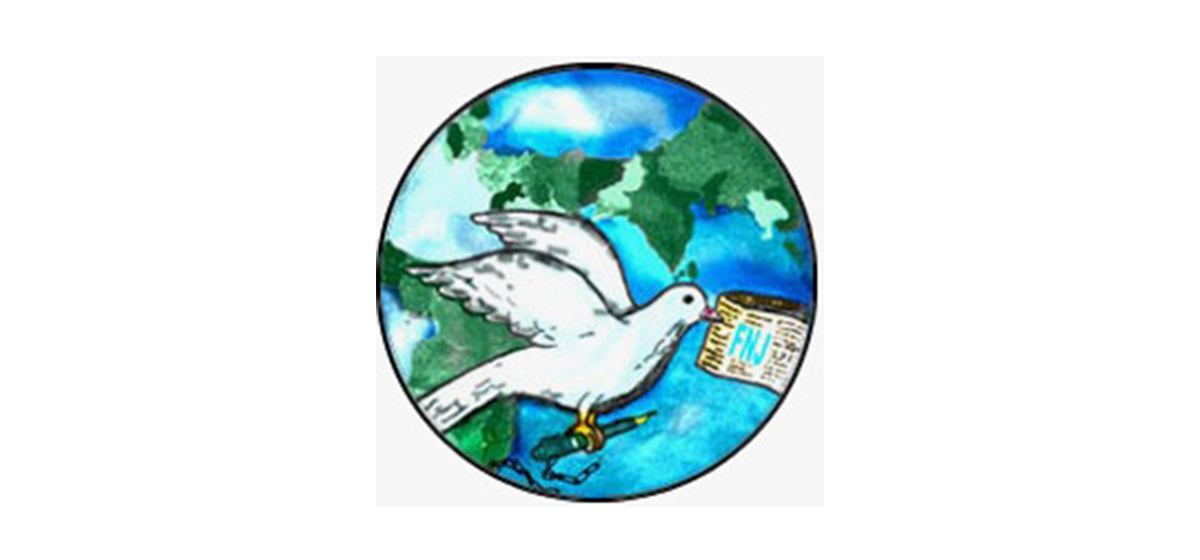
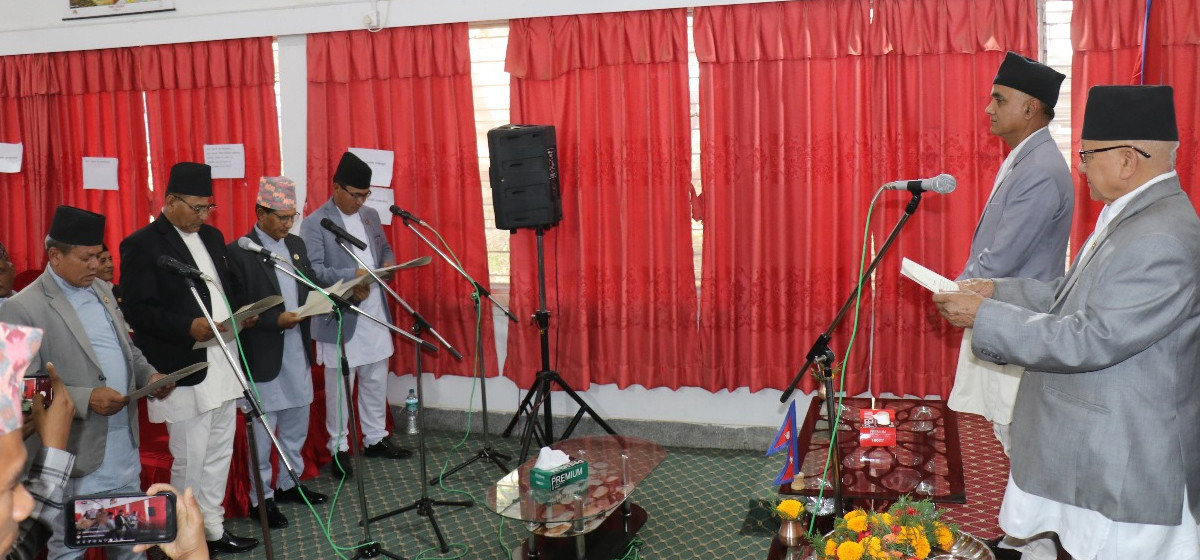
Just In
- NEPSE rises by 25.93 points, daily turnover surges to Rs 4.80 billion
- Suhang Nembang's journey from a lawyer to a lawmaker
- Book containing speeches of Narendra Modi published in Nepali language
- NSO projects Nepal’s economic growth rate at 3.54 percent in current FY
- FinMin Pun and WB's Vice President Rager meet
- Unidentified gang loots Rs 13.4 million from Nabil Bank’s branch in Birgunj
- SidhaKura controversy: FNJ urges adherence to press freedom for any communication content dispute
- Karnali CM Kandel expands Cabinet





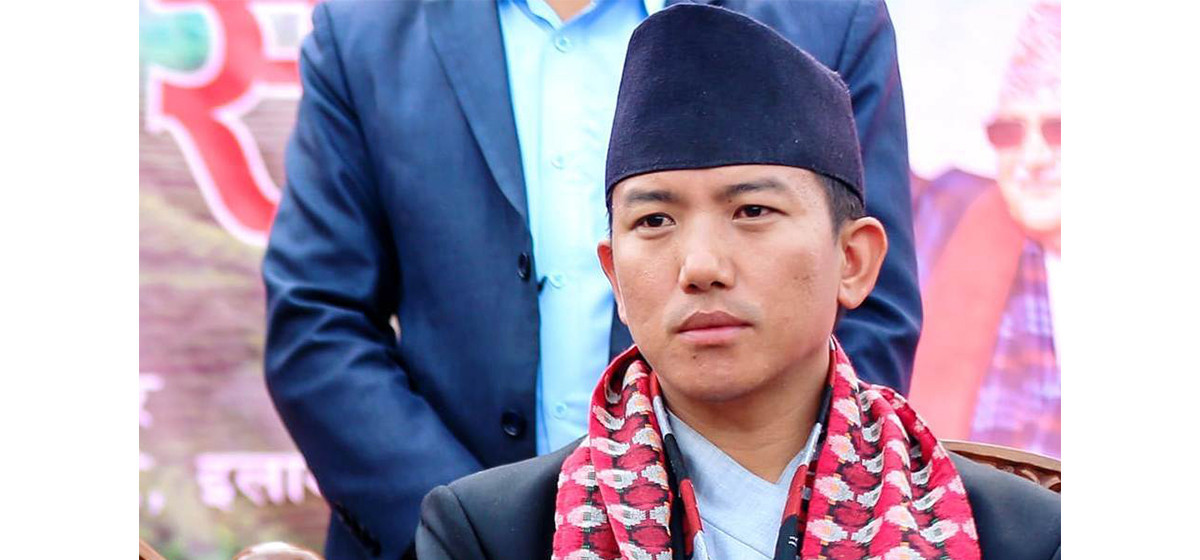
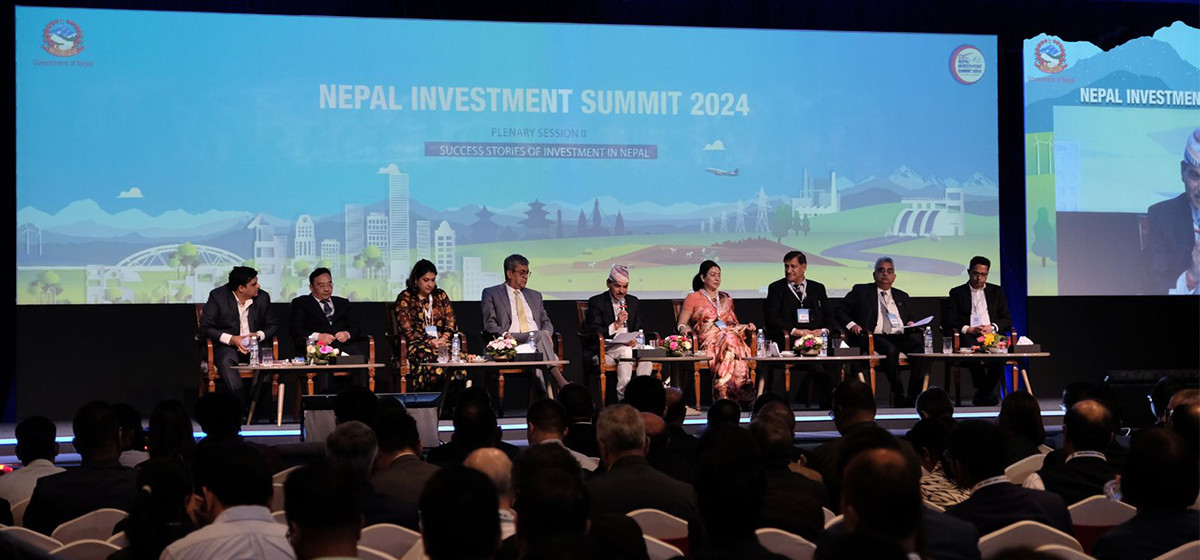
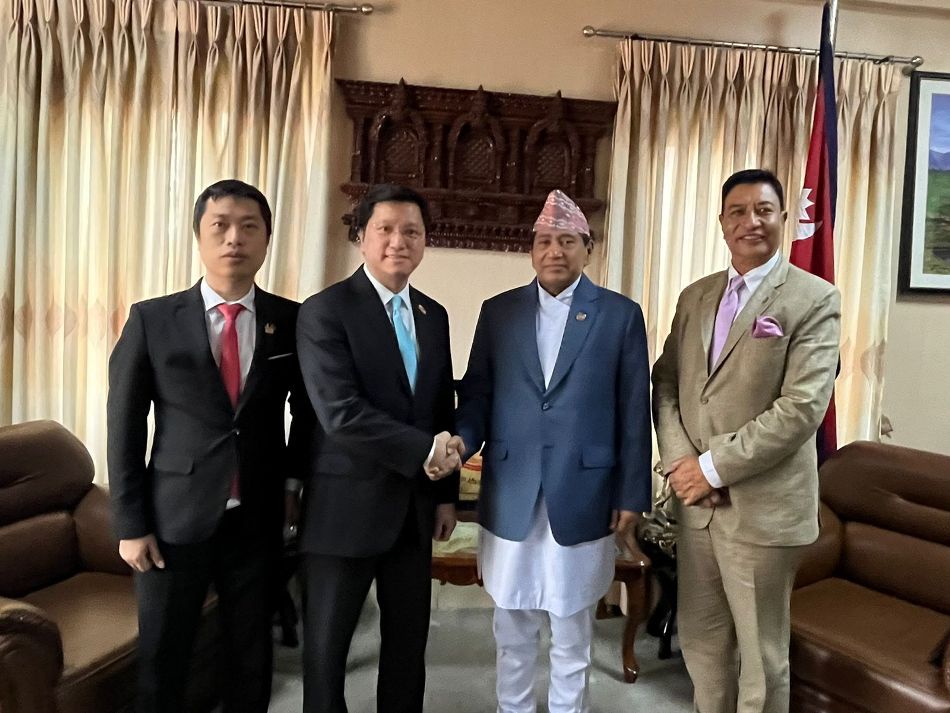

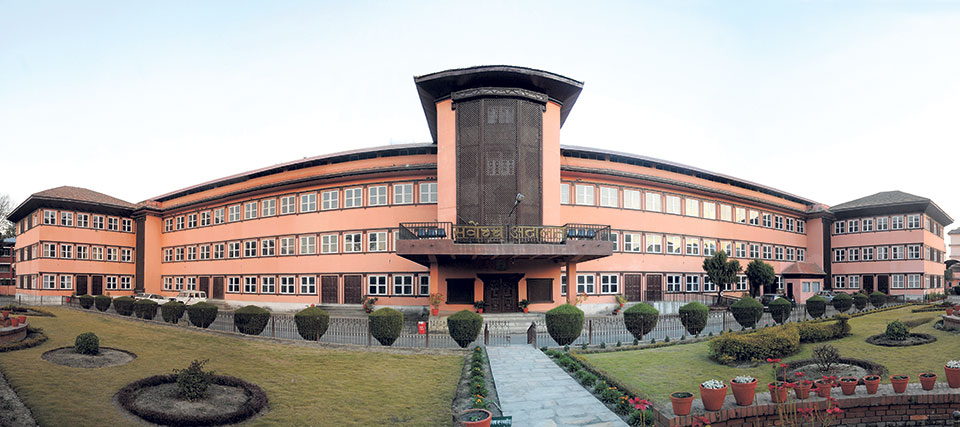


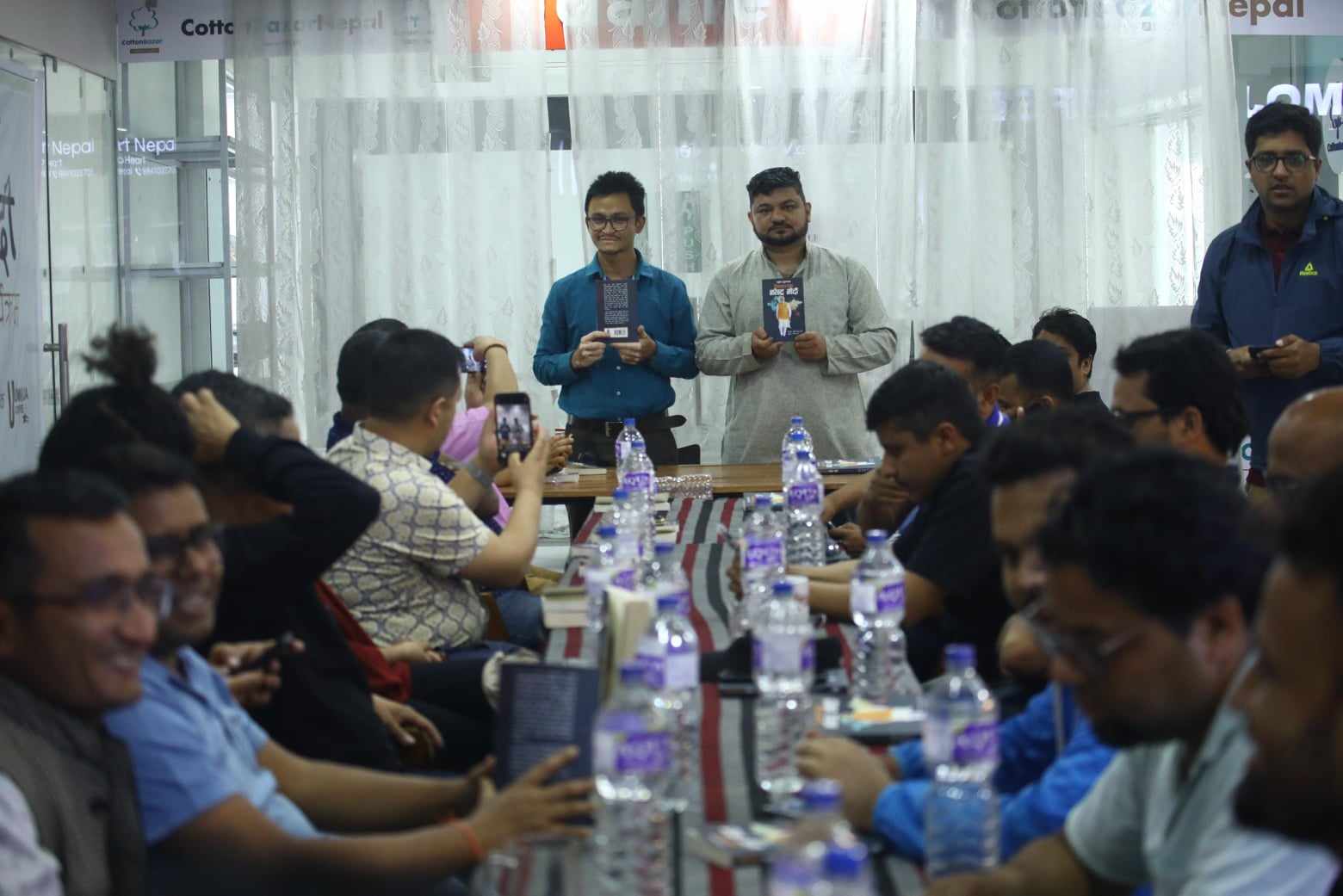
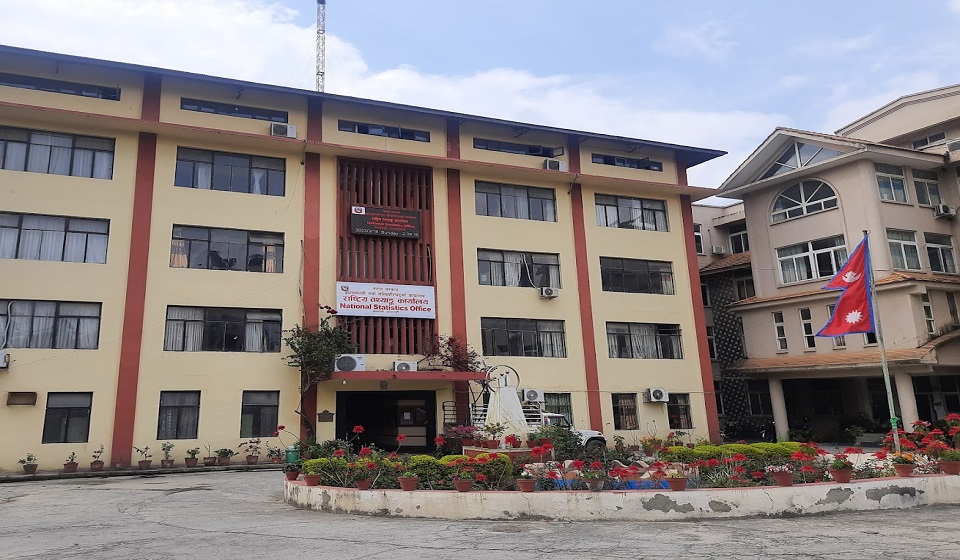
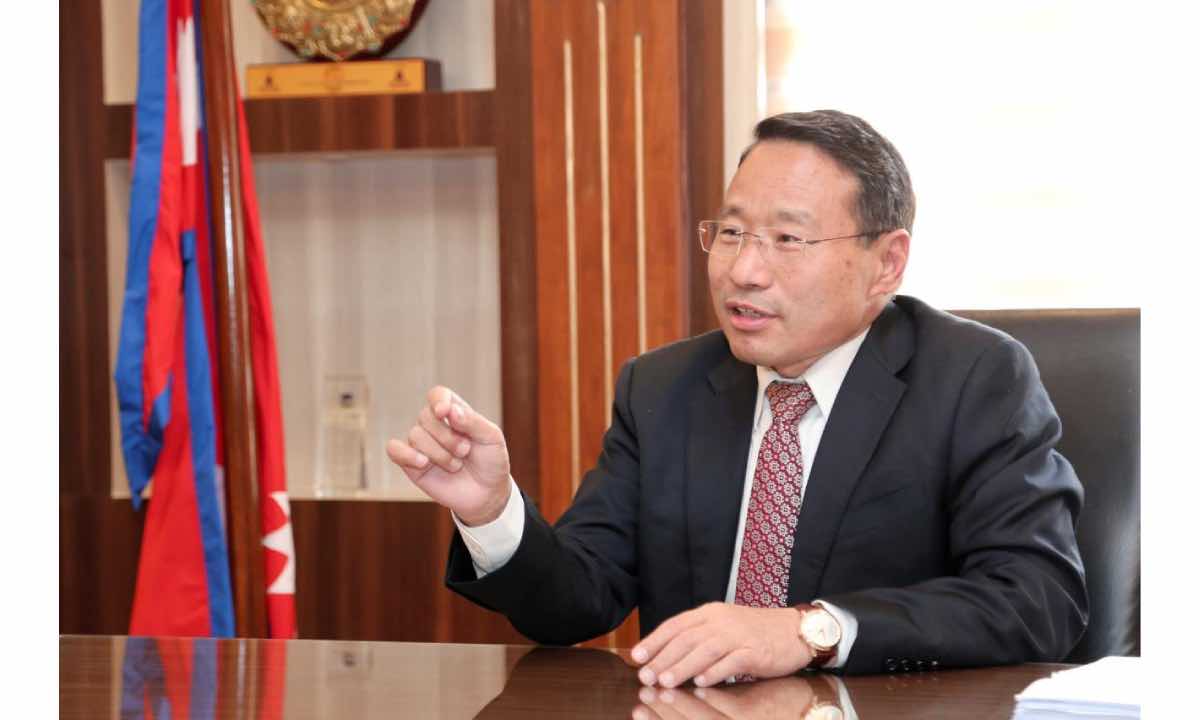
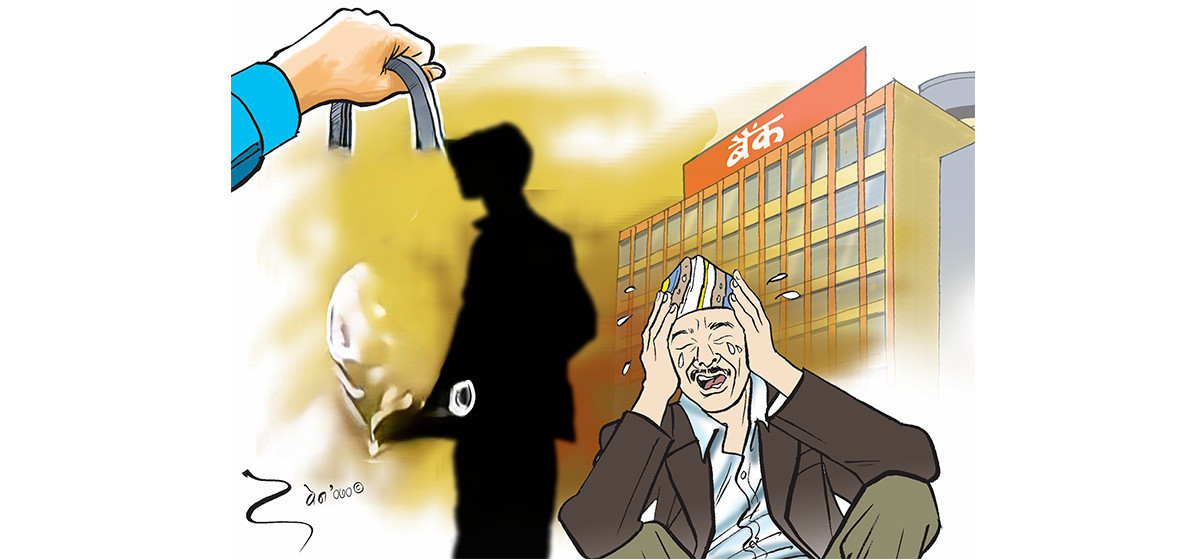
Leave A Comment